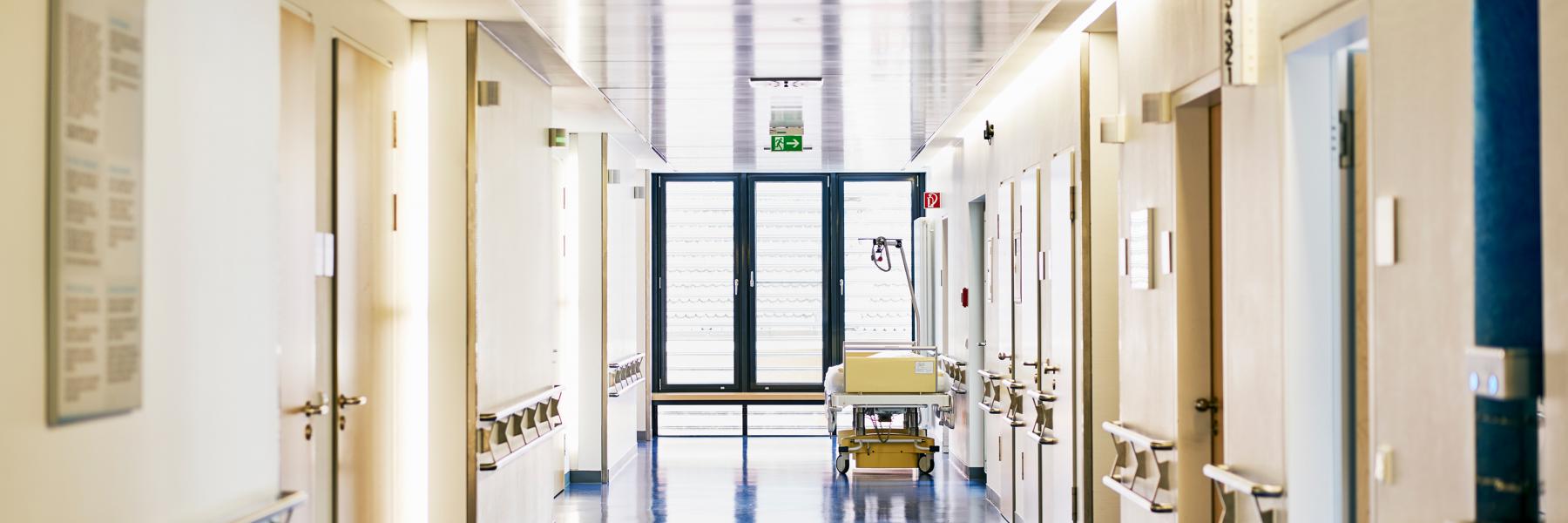Endometriosis and pelvic pain don't adhere to regular schedules, often requiring attention beyond standard medical office hours. Understanding where to seek help when experiencing endometriosis symptoms or acute pain outside of typical 9-5 hours, is crucial for effective management and relief.

Understanding ‘After-Hours’ Health Services
After-hours health services (see below) are a vital component of the healthcare system, providing medical care during times when regular GP clinics are closed. These services are not hospital emergency departments, instead they offer management of health issues that are urgent but not severe enough to require emergency care.
The range of after-hours healthcare services is extensive. It includes GPs, urgent care clinics, pharmacies, and mental health counsellors. Each plays a critical role in providing accessible care during evenings, weekends, and public holidays. Here are several options for after-hours endometriosis support and medical advice:
GP or Specialist After-Hours Contact: Many general practitioners (GPs) and specialists offer after-hours contact information. This might be a recorded message with instructions on their phone line or details provided on their website. It’s advisable to check these details in advance so that you’re prepared if an urgent situation arises.
National Nurse Helpline: Health Direct operates a national nurse on-call helpline, accessible by calling 1800 022 222. This service offers medical advice and support, particularly useful when you need guidance on how to manage your symptoms or determine the urgency of your condition.
Home Doctor Services: In many areas, home doctor services are available for after-hours consultations. Services like the 13SICK hotline provide access to medical professionals who can visit your home. Availability may vary by state, so it’s worth researching the options in your area.
Medicare Urgent Care Centres: These centres offer bulk-billed services seven days a week, catering to non-emergency situations that require prompt medical attention. They are a viable option for managing endometriosis symptoms that are urgent but not life-threatening.
It’s important to remember that these services are designed for concerns typically addressed by a GP. In cases of severe or life-threatening conditions, it’s crucial to dial 000 or head to the nearest emergency department.
Pharmacies: Many operate beyond standard business hours, offering over-the-counter pain relief and other necessary medications. A quick internet search for “pharmacies near me open after hours” can provide a list of available options in your vicinity.
Mental Health Care: Organisations like Beyond Blue offer 24-hour counselling support services. This is particularly beneficial as managing chronic conditions like endometriosis can also impact mental health.
Cost Considerations:
While seeking advice from a pharmacy or calling a helpline is generally free, most professional after-hours health services will incur a fee. These fees can be higher than those charged during regular hours and vary depending on the provider. It’s important to check whether some of these costs are covered by Medicare or private health insurance.
In summary, knowing your options for after-hours medical care is essential for those managing endometriosis and its associated symptoms. Having a plan in place for when pain strikes outside of normal GP hours ensures that you can access the necessary support and treatment promptly. Remember to always evaluate the severity of your condition: if it’s an emergency, don’t hesitate to call 000 or go to the emergency department. Regular communication with your healthcare provider about managing your endometriosis, especially regarding after-hours options, can also provide additional peace of mind.
 Skip to main content
Skip to main content